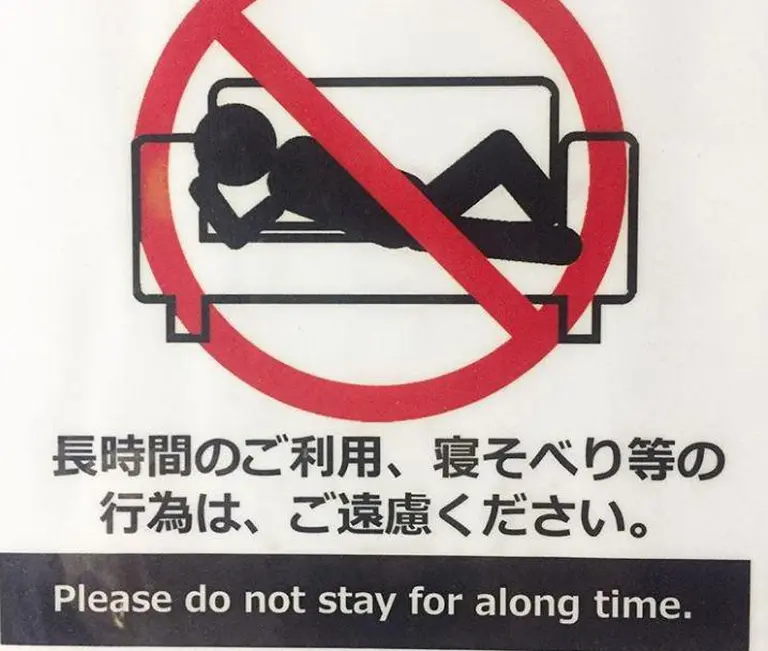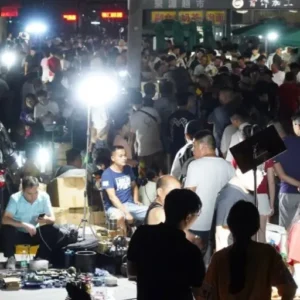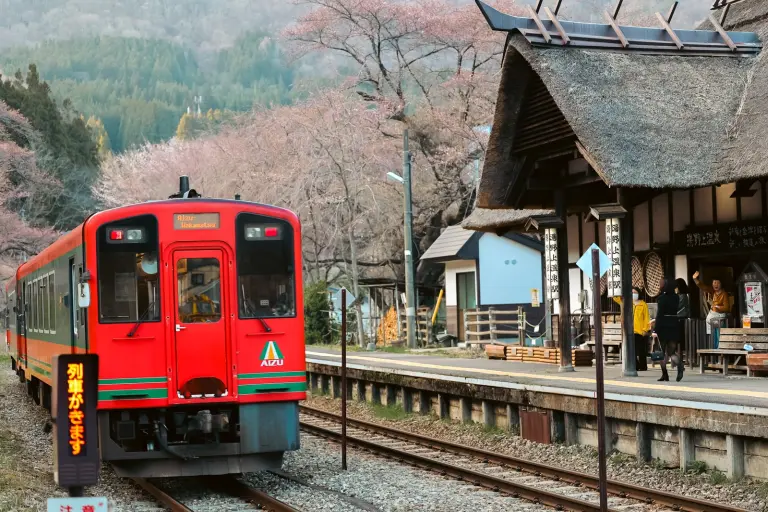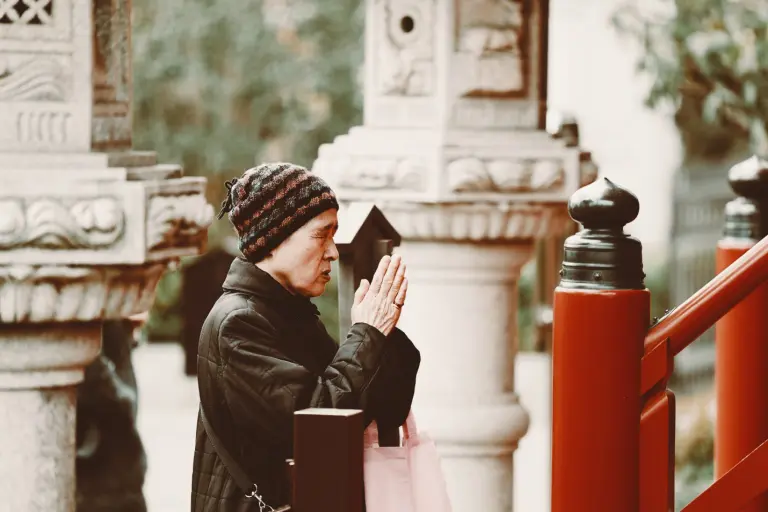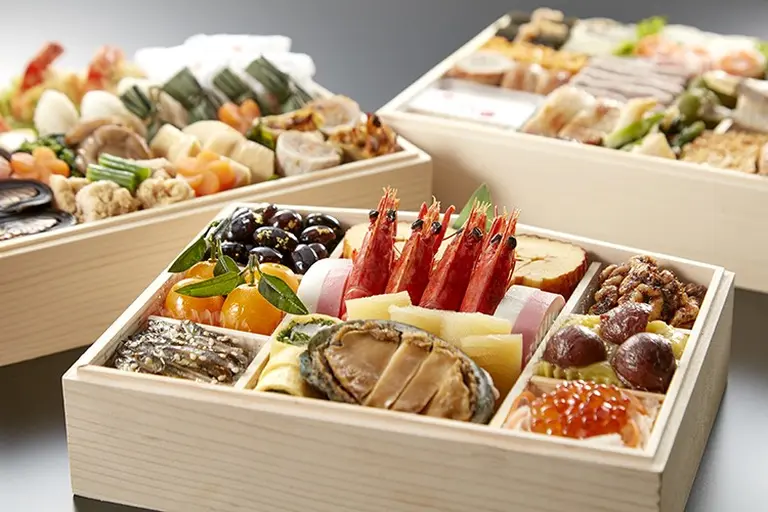If you dream of visiting Japan, you might already know that life here feels very different from what you’re used to. Japan truly is a special place: you can find a wide range of services available at almost any time of the day or night, yet you might not be allowed to enter a sauna if you have tattoos. There are many rules to follow, but the most important one is simple — don’t cause trouble for others.
Capsule Hotels
As you may know, hotels in Japan can be extremely expensive, and sometimes travelers have no choice but to stay in dormitories with strangers to save money. For those who want a private space at a reasonable price, “capsule hotels” are the perfect solution. Compact, affordable, and designed with privacy in mind, these unique accommodations have become a practical choice for many visitors.
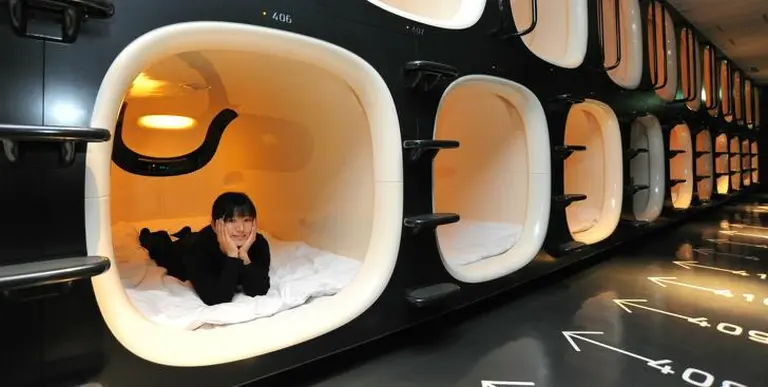
24/7 Convenience Stores (Konbini)
Konbini are small convenience stores open 24 hours a day, found everywhere in Japan. You can buy cooked meals, groceries, and a surprising variety of products and services. Look out for familiar names like 7-Eleven, Family Mart, Ministop, and Lawson. Unlike typical stores, konbini also let you photocopy documents, send or receive packages, pay bills, and even purchase flight or concert tickets. Need a restroom while walking around? Konbini toilets are always free, clean, and reliable.
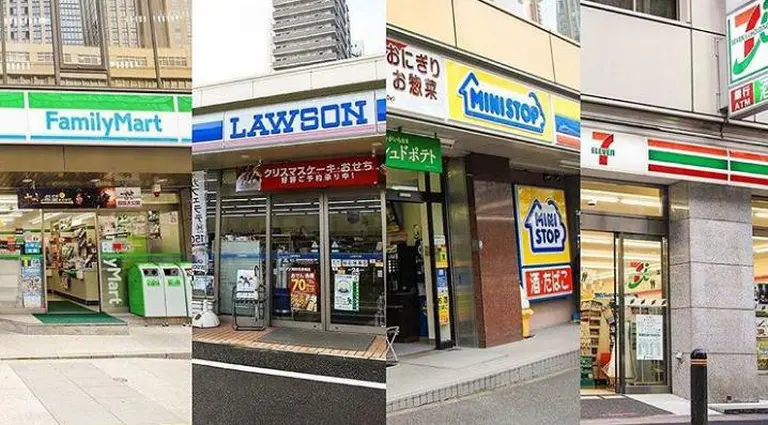
>> Top 12 unique things you must try when traveling to the land of the rising sun
100-Yen Shops
Another unique shopping experience in Japan is the 100-yen shop, where almost everything costs just a little over 1 USD (including tax). From snacks and cleaning supplies to cosmetics, toys, clothes, souvenirs, and more, these shops are a treasure trove for budget travelers and students alike. They are a fun and affordable way to pick up daily essentials or quirky gifts.
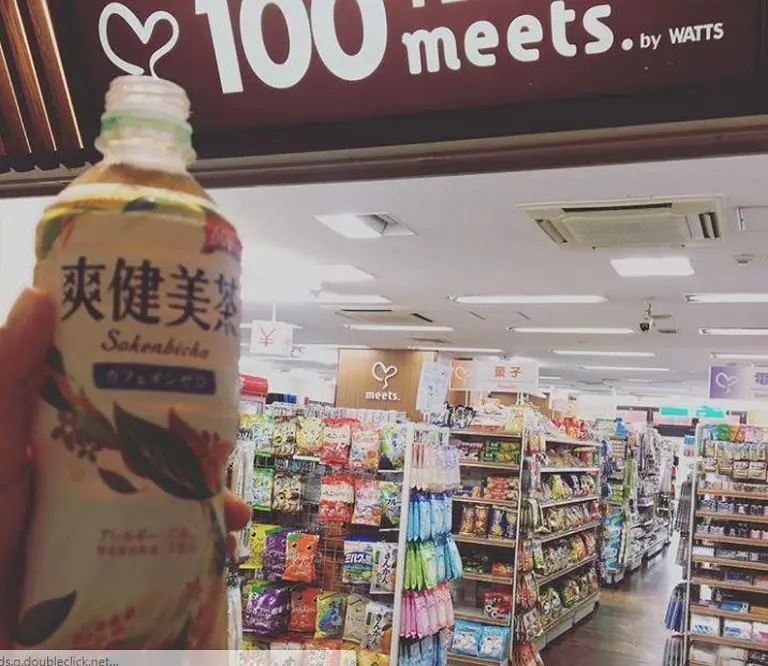
Don’t Forget the Tax
When shopping in Japan, keep in mind that prices might not include the consumption tax (8% in 2019, rising to 10%). This often surprises travelers at restaurants or stores. On the bright side, many shops offer tax-free options for tourists, helping you save money on your purchases.
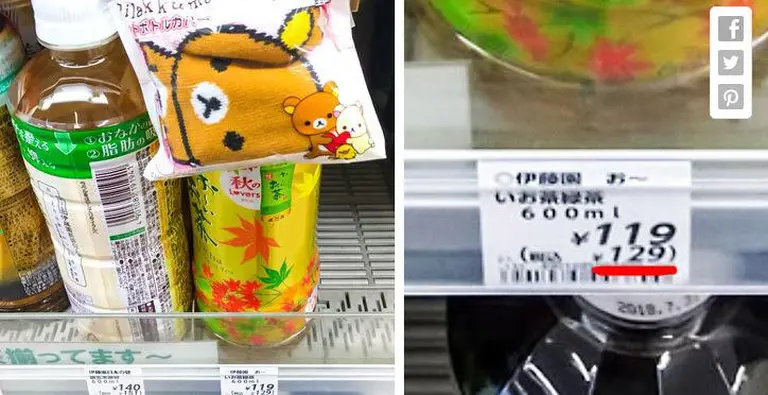
>> The Japanese shrine that built a tiny water temple just for Bees
Shoes Off, Please
In Japan, shoes are considered dirty and should be removed before entering someone’s home. The same rule applies to many other places, such as traditional inns, temples, community centers, schools, and some restaurants. Always check for signs before entering. Special slippers are also provided for use inside restrooms. Remember: you can’t wear outdoor shoes inside temples, but going barefoot is also frowned upon — so make sure you have socks handy.
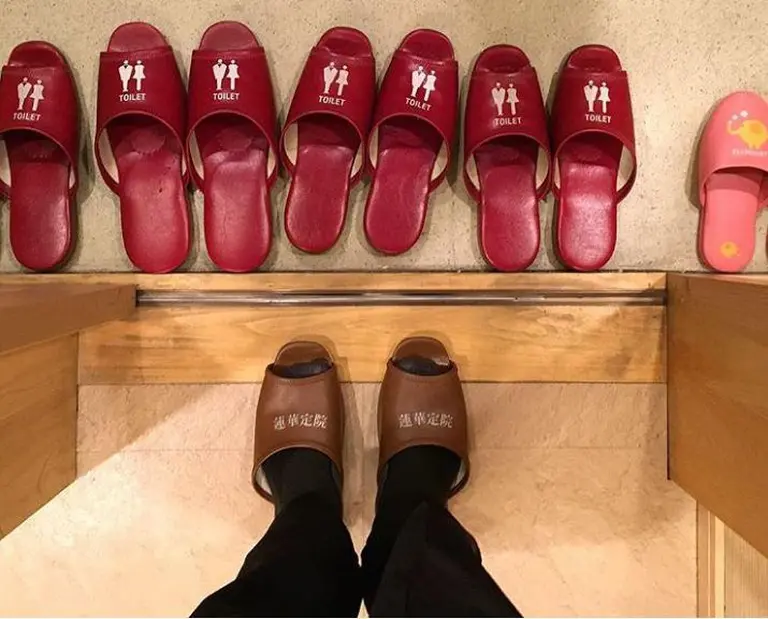
Be Ready for Unexpected Weather
Japan is prone to natural disasters like typhoons and earthquakes, so it’s wise to be prepared. Many locals keep an emergency kit with essentials such as food, water, and cleaning supplies. While most tourists won’t need to worry too much, being aware of this culture of preparedness is useful.
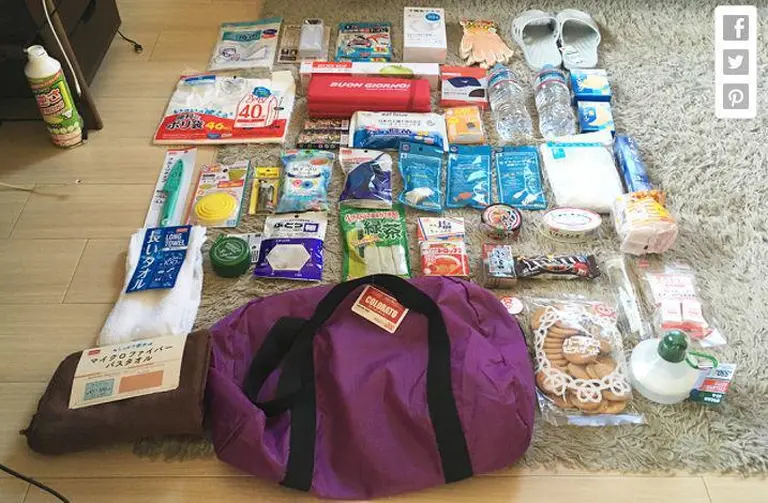
>> A closer look at Japan’s most bizarre “Naked” festival
Police Boxes (Koban)
Over a century ago, Tokyo introduced a system of small neighborhood police stations known as Koban, later spreading across Japan. Today, these stations are more than just places for law enforcement. Officers help people find addresses, assist lost travelers, return lost items, and even escort intoxicated people safely home. Since honesty is highly valued in Japan, many people bring lost belongings to the nearest Koban rather than keeping them.

The “No Trouble” Rule
Perhaps the most important thing to understand about Japanese culture is the principle of not disturbing others. Historically, Japan’s limited space taught people to live harmoniously without causing inconvenience. This mindset continues today. For example, people avoid speaking loudly on phones in public, often stay quietly focused on their own activities, and respect shared spaces. Even in shopping malls, you’ll find signs discouraging people from lying on benches too long.
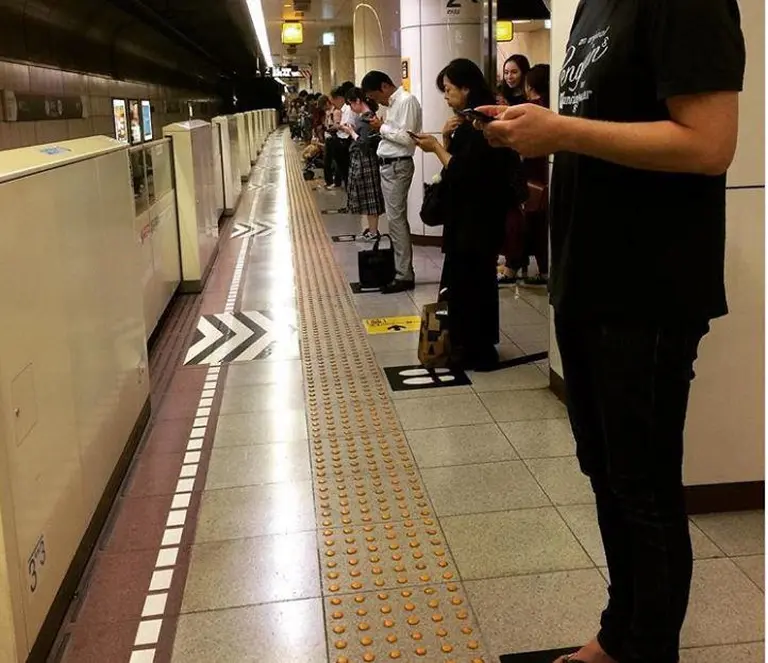
>> What’s inside Japan’s most famous love hotels?
Visiting Japan for the first time can feel like stepping into another world — full of unique customs, thoughtful rules, and fascinating cultural details. These experiences may surprise you, but they also reflect the respect and harmony that shape daily life in Japan.
